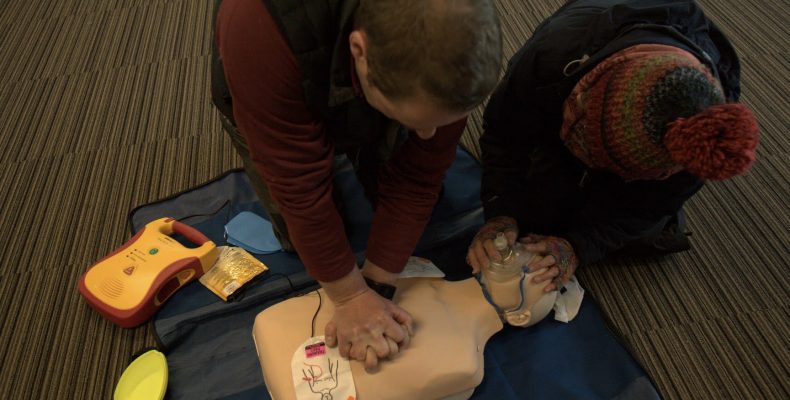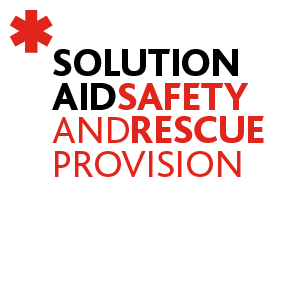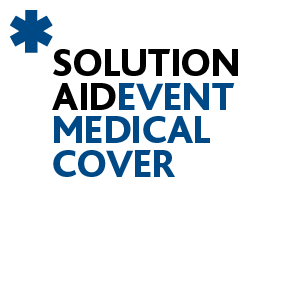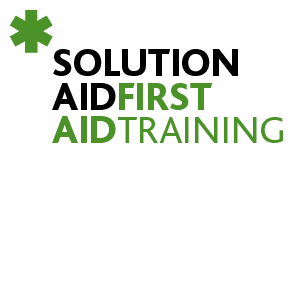A cardiac arrest happens when your heart stops pumping blood around your body.
If someone has suddenly collapsed, is not breathing normally and is unresponsive, they are in cardiac arrest. There is no time to lose. Even if you are untrained your actions can help.
A cardiac arrest is an emergency. If you witness a cardiac arrest, you can increase the person’s chances of survival by phoning 999 immediately and giving CPR.
CPR means: • chest compression (pumping the heart by external cardiac massage), to keep the circulation going until the ambulance arrives and• rescue breathing (inflating the lungs by using mouth-to-mouth resuscitation).
Remember – even if you haven’t been trained in CPR with rescue breathing, you can still use hands-only CPR.
What causes a cardiac arrest?
The most common cause of a cardiac arrest is a life threatening abnormal heart rhythm called ventricular fibrillation (VF).
Ventricular fibrillation happens when the electrical activity of your heart becomes so chaotic that the heart stops pumping and quivers or ‘fibrillates’ instead. There are various causes of VF. These can be problems with your heart, or other causes.
| Heart-related causes of VF | Other causes of VF |
| Coronary heart disease | A lack of oxygen in your body – for example, if you are choking |
| Heart attack | Electrocution |
| Cardiomyopathy | Using recreational drugs, such as cocaine |
| Congenital heart disease | Losing a large amount of blood |
| Heart valve disease | |
| Acute Myocarditis (inflammation of the heart muscle) | |
| Heart conduction disorders that make you more likely to experience abnormal heart rhythms, such as Long QT syndrome |




